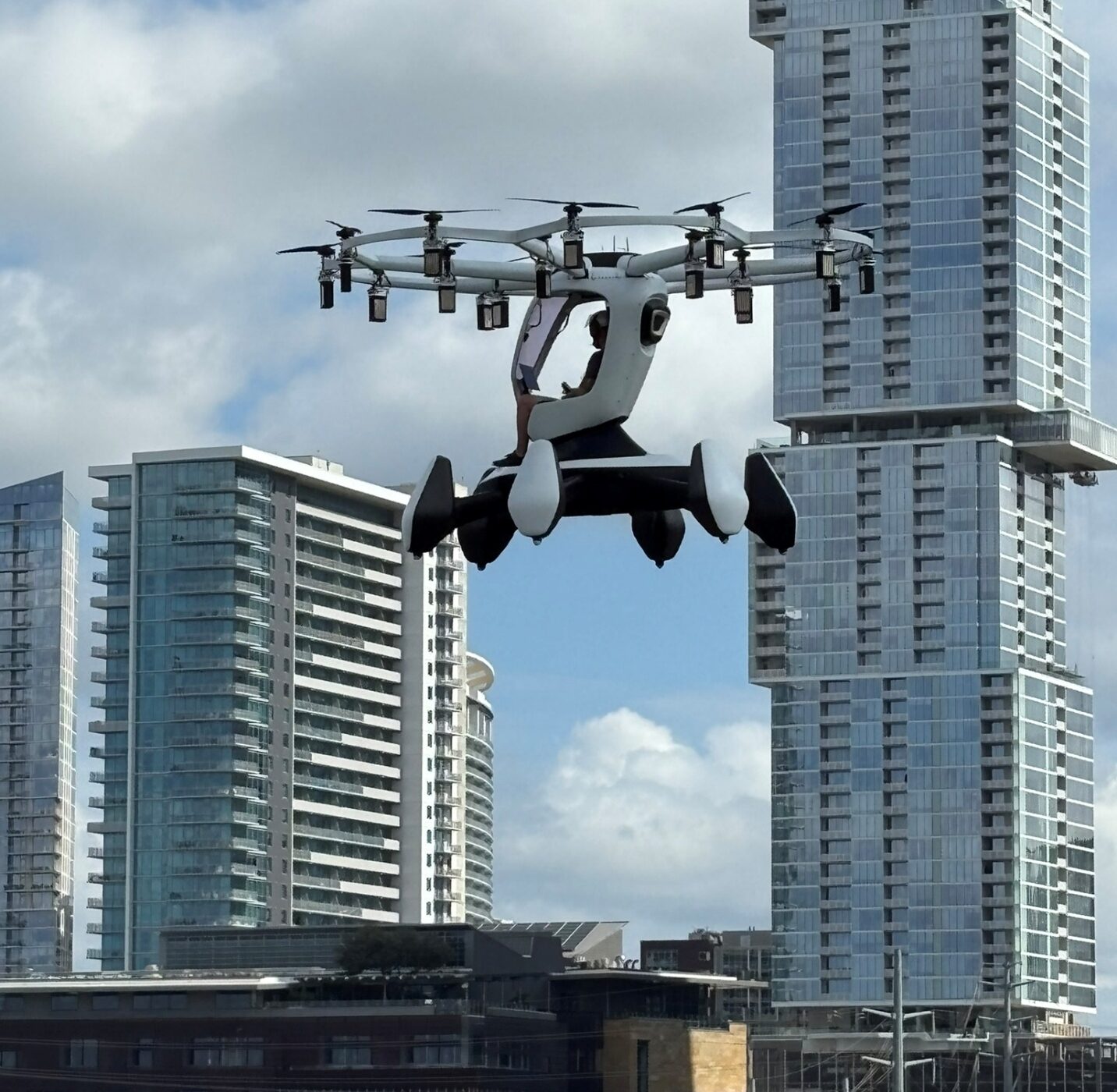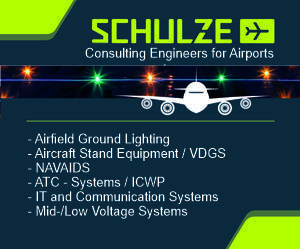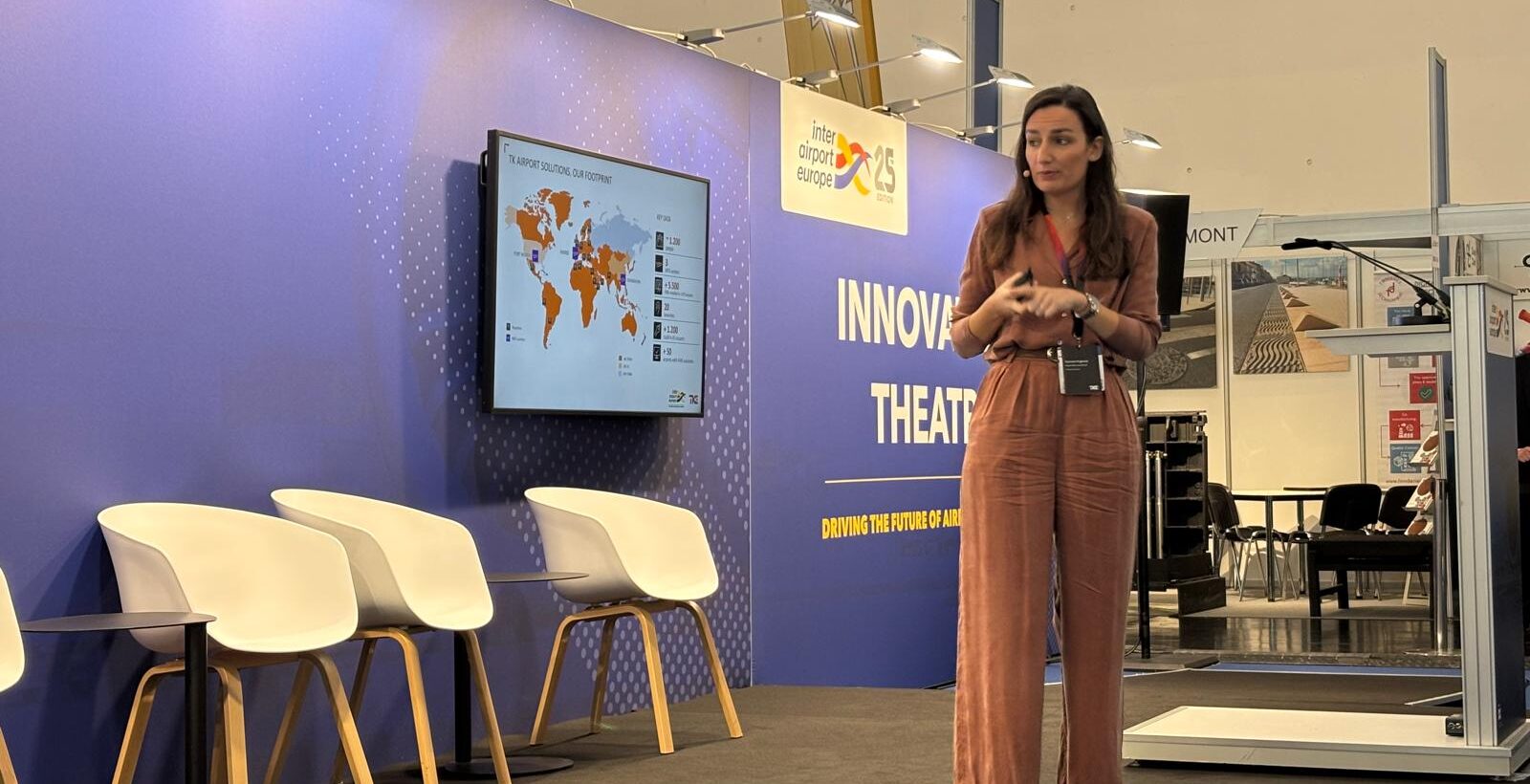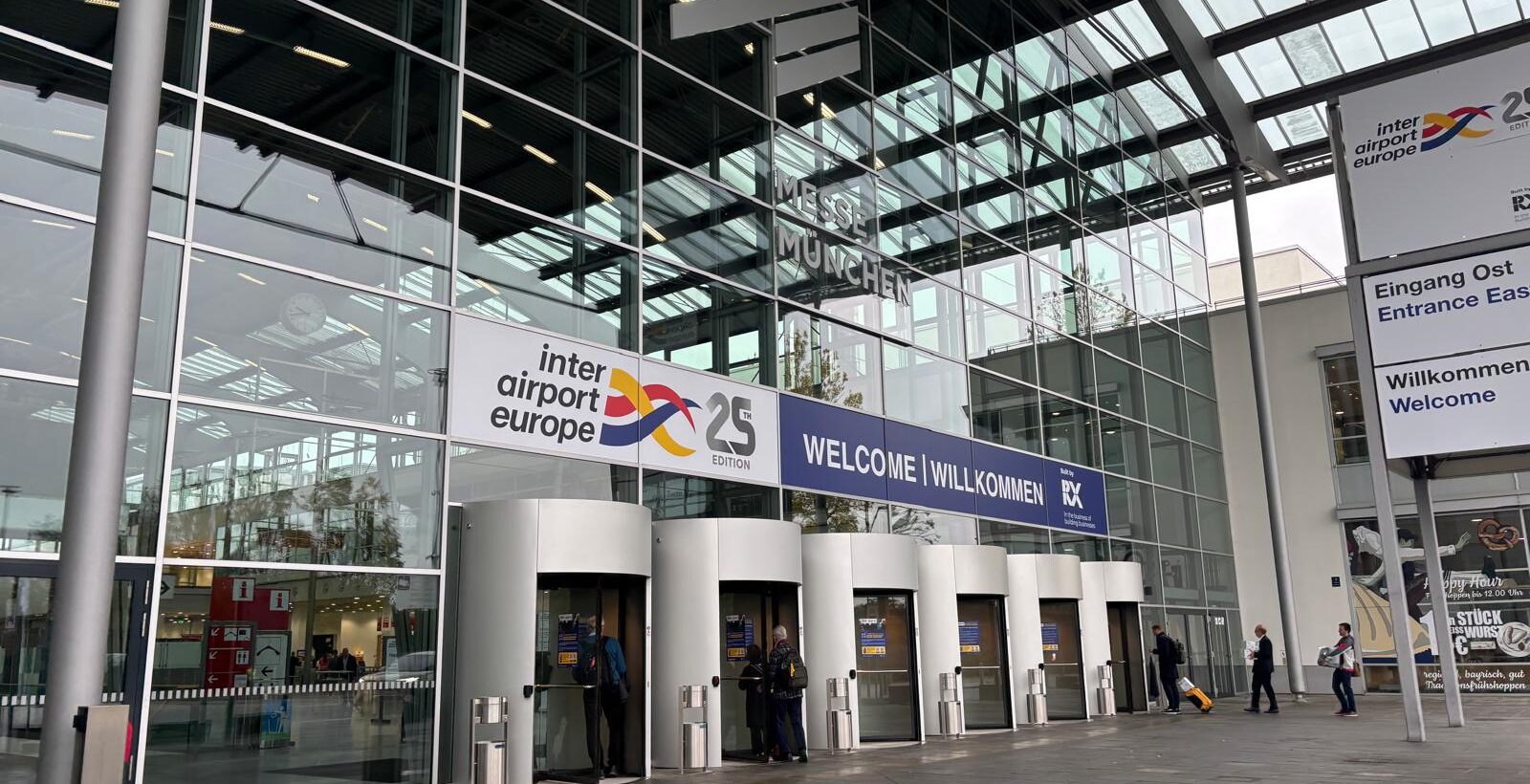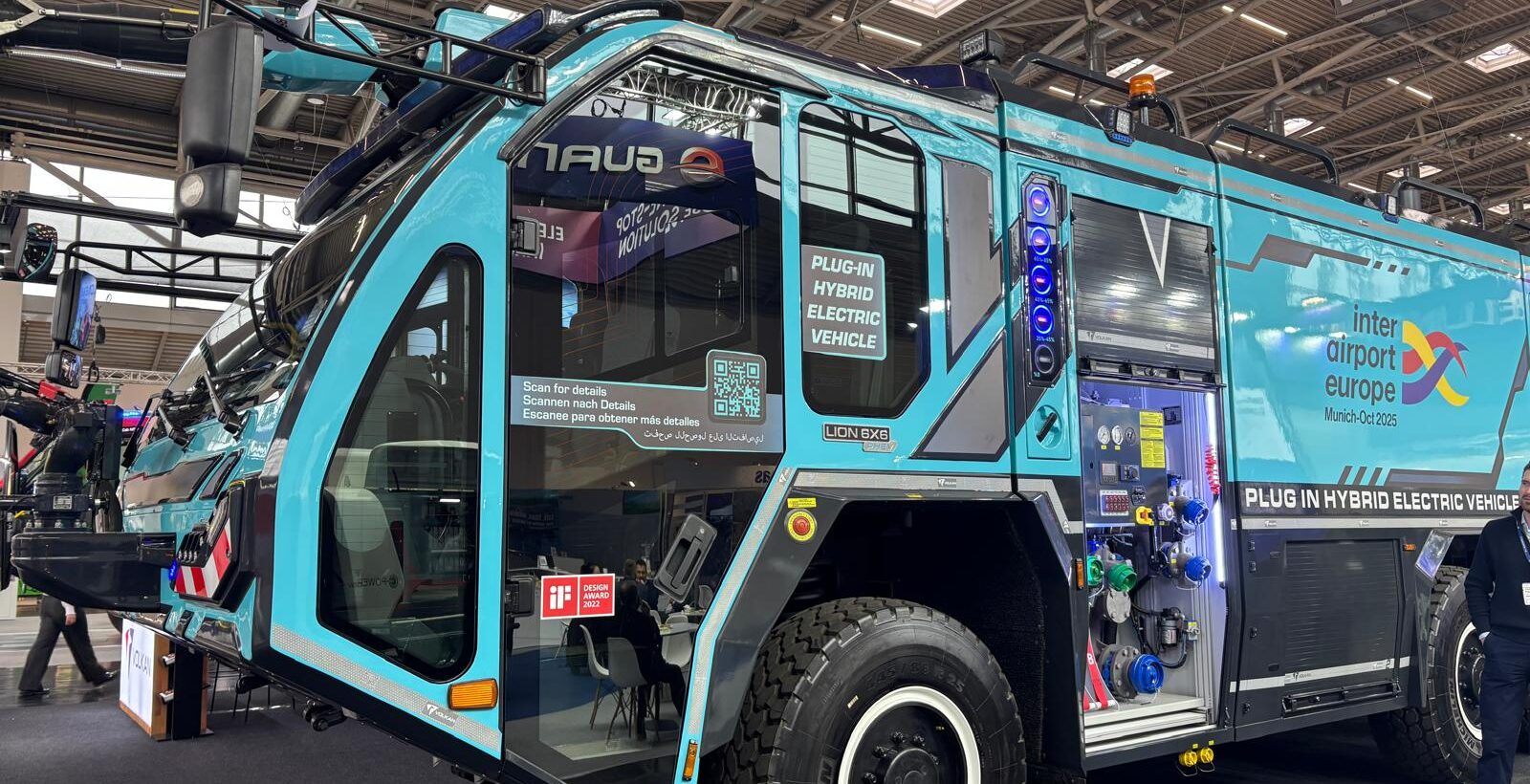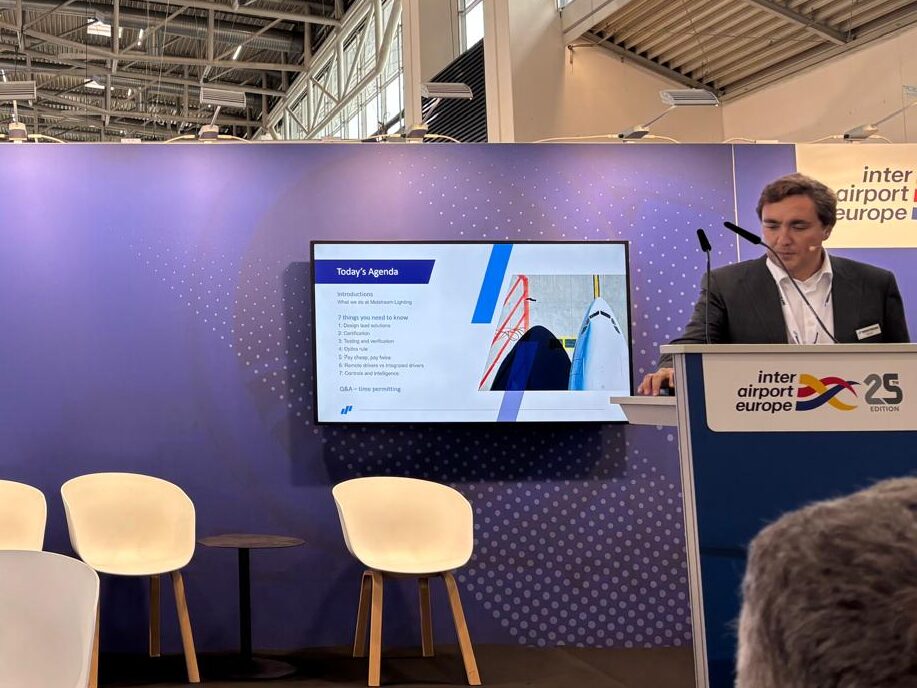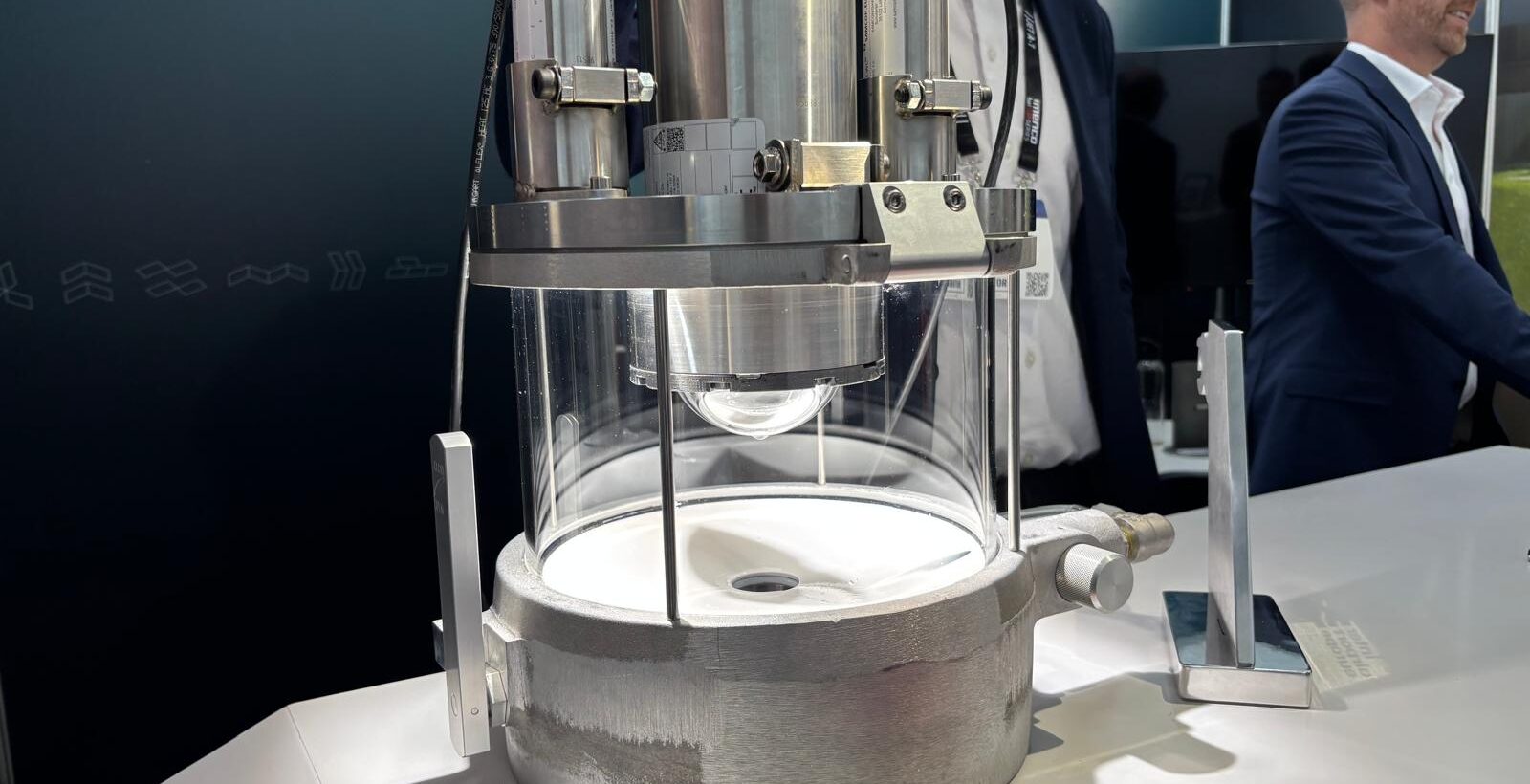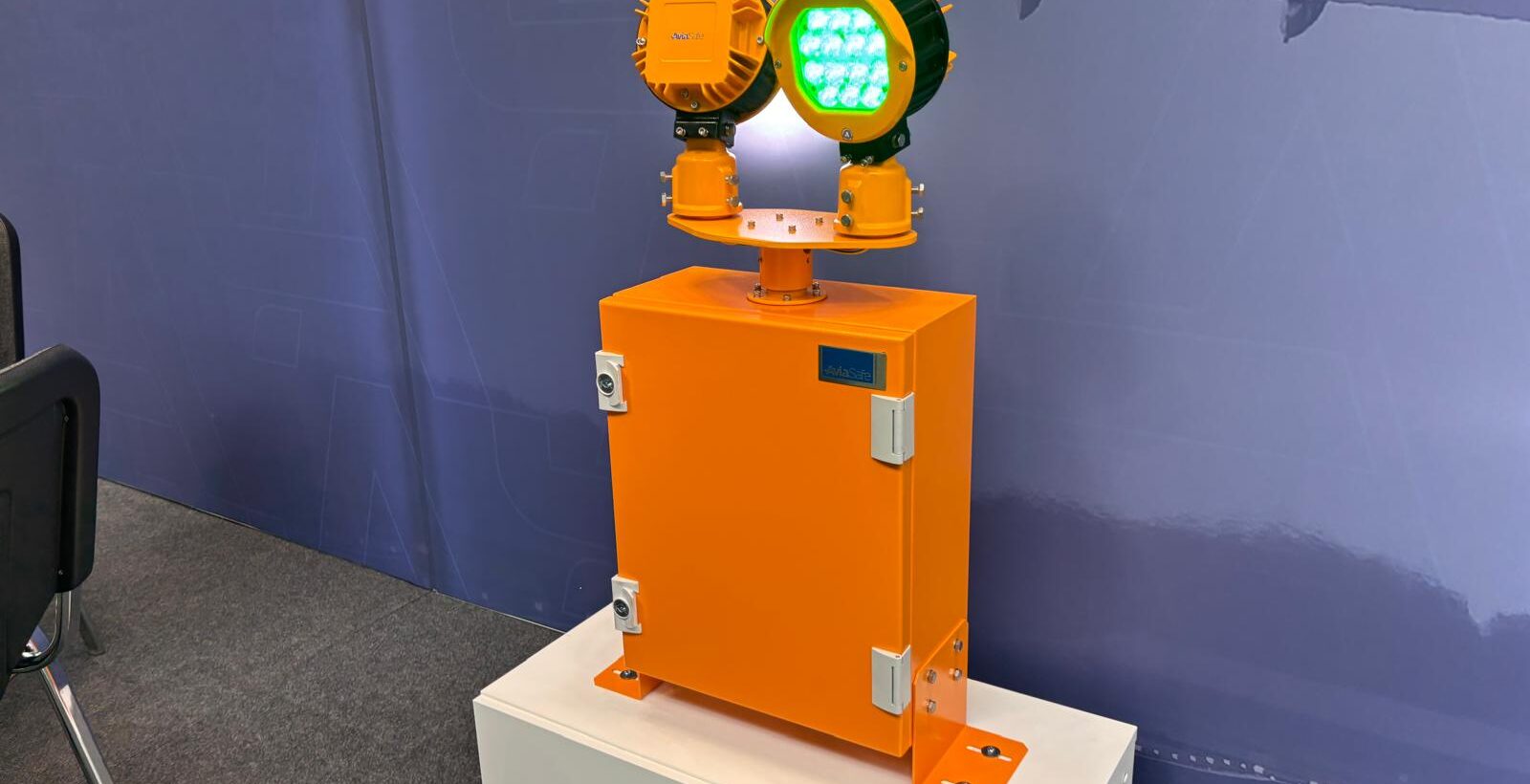In 2025, one issue seems to be plaguing almost every single industry across the globe: worker shortages, and nowhere is this more apparent than in the transport industry.
At inter airport; panelists Nadine Ruh, HR Consultant Talent & Leadership Development at Flughafen München GmbH, Stefan Murphy, CEO UK&IRE at Unifi Aviation UK and Natasa Iacovides, Director of Human Resources and Executive Coach at Hermes Airports Ltd, joined host Chloe Greenbank, Editor at Regional Gateway to provide an update on the aviation workforce of the future, as well as discuss potential schemes and incentives to attract those interested in a career working at the airport – and keep those already in work satisfied.
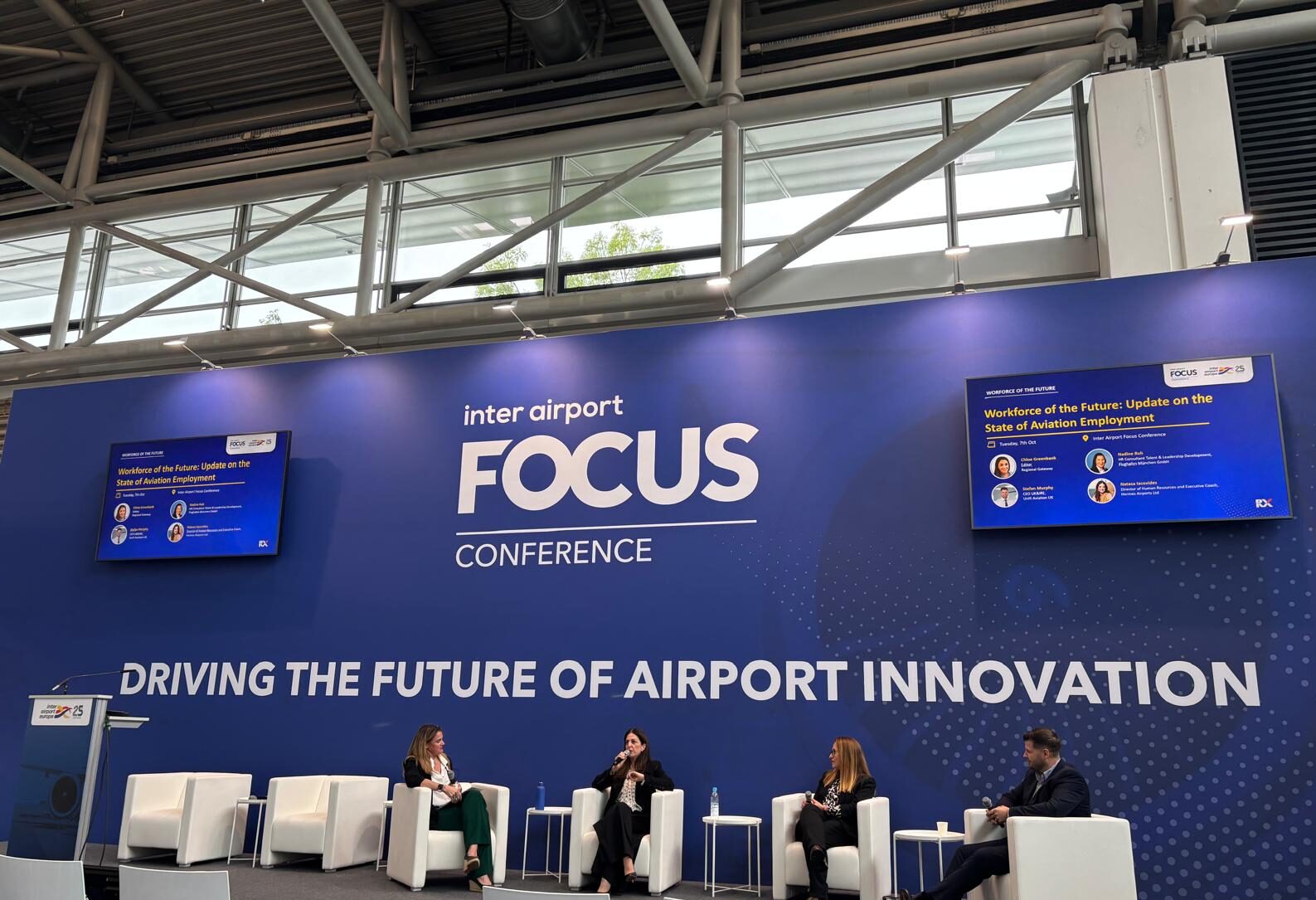
From the outset, the state of aviation’s workforce is apparent: many employees are retiring and a skill shortage is creating major issues for those looking to recruit.
Artificial Intelligence
With many industries becoming ever-reliant on the introduction of artificial intelligence (AI) into their everyday proceedings, Iacovides makes it clear that whilst this may well be an avenue airports can travel down, it cannot replace the human aspect of any workforce, with the HR director citing a lack of original creativity as one of the reasons for the reluctance to employ AI at a more grand-scale.
It is posited that, going forward, airports and indeed wider companies need to begin training employees that both know about and can handle AI-based technology if it is going to be integrated into everyday operations.
Murphy suggests that if this is a route the industry will be taking, then the integration must be entirely friction-less, and that if their companies are going to be using this technology for any purpose, it must first be to remove potential friction from the workplace in order to create a more friendly, approachable environment.
Incentives & Rewards
Moving the conversation toward incentives; HR Consultant Nadine Ruh discusses some of the ways Munich Airport has begun to attract different types of students toward work at the site.
Ruh details a number of schemes, including apprenticeships through schools, development programmes, employee benefits (flexible working models, shift models, full and part time positions) and health management initiatives (mental health programmes, prevention programmes, activity days, fitness). All of these, according to Ruh, help contribute to a truly loyal, resilient workforce ready to tackle any and all tasks put in front of them.
Naturally, the topic of discussion turned to the satisfaction of the workforce: with airports beginning to resemble more of an ecosystem than a transportation hub; how are individual needs catered to, and how do employers keep their staff satisfied?
Speaking with regards to Munich Airport; Ruh states that the airport actively seeks to offer further skill development within its employment positions, as well as provide an environment in which new workers can network and hone their skills. The airport recently launched a new development group, which sees groups of 12 employees explore their respective roles before being introduced to different challenges in a chance to ‘foster growth’ during dedicated development days.
Iacovides brought to the fore Hermes Airports’ own reward system, which identifies talented individuals during work and rewards those who go above and beyond with their performance.
Hermes Airports made a transition to become a ‘healthy organisation’ back in 2013, with the move focused on giving employees the confidence to speak up and share thoughts and thus, contribute to the airport as a whole.

The group puts a strong focus on learning and skill development, as well as finding new ways to make the job and learning process more interesting to those interested in taking up new positions by way of interactive classes, games and more, an ethos shared by Murphy, who states that Unifi Aviation UK has putting more faith into on-the-job training.
However, this does not replace traditional classroom training. All parties agree that classroom activities are still, ultimately, the best way to train new employees, at least for now. Regardless, it appears to be a constant process of change, with interactive training seemingly fostering more interest in long-term employment.
Inclusivity & Diversity
Finally, the discussion moves to the topic of inclusion and diversity. At Munich Airport, Ruh states that the teams have begun holding ‘Girls Days’, which aim to encourage more women to apply. Currently, 44% of leaders at the airport are women, and there is work being done on a daily basis to expand this to reach true equality.
Iacovides states that diversity always has and will play a significant role in the creation of an effective workforce, with individual categorisation proving harmful to the airport ecosystem as a whole as it can lead to the holding back of capable, dedicated workers for the sake of their gender or identity.
Conclusion
No matter how you look at it, the aviation workforce is evolving. It’s becoming more reliant on digital solutions and, as mentioned by Murphy, ‘culture takes a long time to build’. Whilst it could be described as a skill shortage, what it appears to be is in fact a skill transition. The skills that were required in the past, in many cases, no longer apply to a modern aviation workforce in the face of automation, AI and an ever-changing landscape.
With a monumental shift from the workforce of the past and present to the workforce of the future; collaboration, understanding and a single goal must be shared across the sector: a safe, satisfying airport experience for everybody, be it workers, passengers, operators and everyone in between. Collaboration, not competition.





